Pride is defined in the dictionary as “a feeling of deep pleasure or satisfaction derived from one’s own achievements” or “consciousness of one’s own dignity.” By those definitions, pride sounds like a good thing. Take pride in what you’ve accomplished. Take pride in who you are. That is certainly what society tells us to do. Be proud of where you come from, or be proud of who you’ve become in spite of where you come from.
However, in considering the characteristic of pride, we must be mindful of two things: is being prideful a virtuous thing? and what are you being prideful in?
Is pride a virtue?
In our culture today, pride is considered a virtue. But pride isn’t as noble a virtue as we may like to think. In fact, it may not be a virtue at all.
Notice in each definition of pride the focus is “one’s own.” Pride is naturally centered on self. Even if your pride is in something outside of yourself, it is generally in something that is connected to self, such as your alma mater, your children, your state, etc. The focus is still on self or something that represents self.
Basically, pride is self-centeredness. Can it be a virtue to be self-centered?
In Republic, Plato defines the four cardinal virtues as prudence (wisdom), justice (fairness), fortitude (resilience), and temperance (self-control). While these don’t directly address self-centeredness vs. others-focused, it is implied in each one of these virtues. None of these virtues can be exercised if one is focused solely on self.
Justice cannot be administered if the focus is on self. Temperance is limiting one’s own desires in exchange for something greater. Fortitude is enduring one’s own hardship in exchange for something greater. To be virtuous, one must be focused on things outside of self. Pride would be a direct limit on exercising these virtues.
Plato aside, we each can recognize this on our own. Pride is one of the ugliest character traits a person can exhibit. We describe prideful people as haughty, arrogant, puffed up, or even full of themselves. None of those are character traits that are virtuous or admirable. They are the character traits we are quick to identify in others, but rarely see in ourselves…yet another example of how full of pride we all are.
In reality, pride is the root of all our problems. It’s why Proverbs 16:18 says, “Pride goes before destruction and a haughty spirit before a fall.” Since the beginning of time, the battle has not been between good and evil, but between humility and pride. It was pride in the Garden of Eden that led to the fall of humankind. Adam and Eve put their desires first above what God had commanded. Pride caused them to declare they had authority instead of God.
Pride is what led to the fall of Satan. Ezekiel 28 describes his fall, where God says, “Because your heart is proud and you have said, ‘I am a god’…your heart was proud because of your beauty; you corrupted your wisdom for the sake of your splendor.” Isaiah 14 recounts the fall as, “You said in your heart, ‘I will ascend to heaven; above the stars of God I will set my throne on high; I will sit on the mount of assembly in the far reaches of the north; I will ascend above the heights of the clouds; I will make myself like the Most High.’”
Pride directs us to place ourselves in the place of God. It puts us on the throne instead of God.
What are you being prideful in?
Not only does society want us to think pride is a virtuous thing, but it wants us to take pride in all the wrong things. Society says to take pride in what you do. But what if what you do is sinful? Are we to boast in our sins?
Our main purpose in life is to know and glorify God, and we do that by loving Him and doing what He commands. If we are truly living with that end in mind, we should not take pride in doing things that offend Him. Granted, because we are sinners, we will continually do things that offend God while here on this earth. So, the central idea is how we respond to those things. Are we proud of them or grieved by them? Do we respond like David did in Psalm 51 or boast in them?
Society also says to take pride in who you are, your own identity. But the way we define our identity impacts how we live and the choices that we make. If you claim your identity is in being a painter, then you make choices centered on painting. Where you go, what you watch, what you do, and who you interact with will all be focused on painting.
This example is pretty clear, though, that you may “be” a painter, but it is more accurately understood that painting is something that you do, not who you are. There is a danger in defining your identity in something that you do, enjoy, feel, or desire. What if those things are not honoring to God? What if those things are suddenly taken away from you? What happens then?
As believers we must remember that our identity is found in Jesus — and found in Him alone. All else will fade away. All else is a flawed view of our true identity. And, as in our example, if you find your identity in Jesus, then the choices you make will be centered around Him. Where you go, what you watch, what you do, and who you interact with will all flow from your proper identity as a child of God.
Any pride we take in ourselves – our fleshly identity – is improperly placed. Jeremiah 9:23-24 says, “Thus says the Lord: ‘Let not the wise man boast in his wisdom, let not the mighty man boast in his might, let not the rich man boast in his riches, but let him who boasts boast in this, that he understands and knows me, that I am the Lord who practices steadfast love, justice, and righteousness in the earth. For in these things I delight, declares the Lord.’”
Pride causes us to focus on ourselves instead of Jesus.
Therefore, when society glories in pride, a focus on one’s own achievements and one’s own identity, we must remember pride in self does not honor God. When we focus on our identity in Jesus and in growing God’s kingdom, we lose sight of ourselves and our own selfish desires. We then can properly give all glory back to God.





3 thoughts on “Pride Goes Before Destruction”
I am pretty sure that the inhabitants of Sodom & Gomorrah were quite proud of their perversions too, until the fire and brimstone rained down from Heaven on their sordid souls. And our culture is FAR more depraved than those two cities.
“Truly, I say to you, it will be more bearable on the day of judgment for the land of Sodom and Gomorrah than for that town.” – Jesus (Matthew 10:15)
Does this describe a city or nation that you know?
Remember what led up to the destruction of those two cities? Abraham was bargaining with God over finding a certain number of righteous men in the cities. Does your pastor speak up against child sacrifice in the womb and pride perversions? If not, then he is not one of the men that Abraham was describing. Men of God do not turn a blind eye to the abominations in their midst and on their watch. They call for repentance, not only so that individuals might be saved, but so that cities, cultures, and nations might not be destroyed by God’s Holy Wrath and Judgment.
The hour is late to get into the game, but it is not too late. To those who claim Christ, turn away from apathy, lukewarmness and cowardice and instead speak up for the precious little children of Jesus who are being preyed upon by pro-aborts and pride perverts – in the wombs, in the classrooms, in the parades, at drag queen grooming hour, and, yes, in the churches too.
Lately this thought has come to my mind. When I tell my children I’m proud of them or their accomplishments I wonder if there is a better way to express it without making them feel I don’t notice their efforts and strengths. I always wanted to make my parents and grandparents “proud” of me. I want to always give glory to God in and for all things including whatever my children may accomplish in this life. I know and I hope I have taught them that all glory belongs to our wonderful God and he is happy when we follow his rules and precepts, however I also want them to know that they are doing a good job and I am “proud ” of them for lack of a better term. I was raised that you should never think anything at all good about yourself and the truth is it caused me to absolutely crave acceptance or compliments. That can lead you down a bad road. I have tried to teach my children their worth in Christ and that is a wonderful thing. But where do you find the right balance where self esteem does not become pride?
That is an excellent point! It can make it very difficult to find that right balance, especially when pride is something we are so easily susceptible to. I love your insight on it though.
Comments are closed.